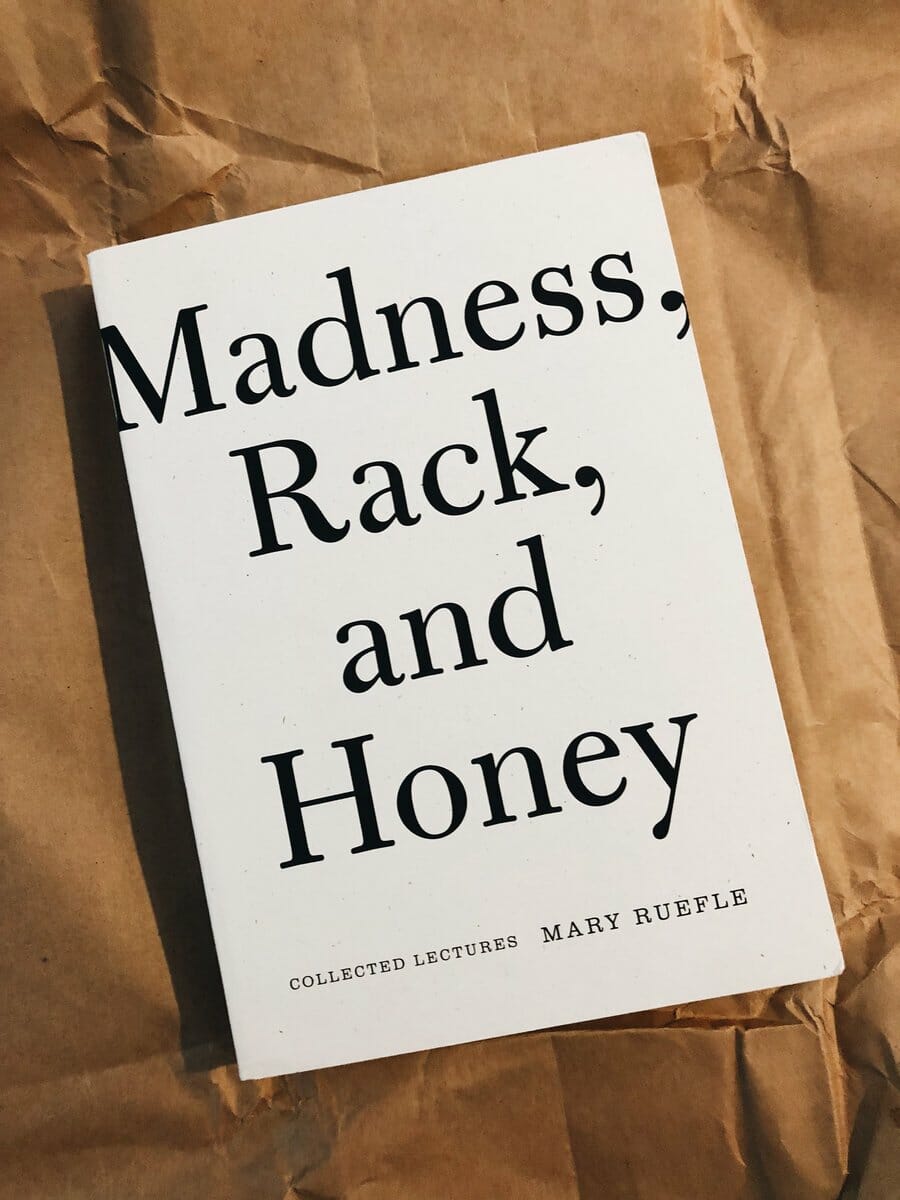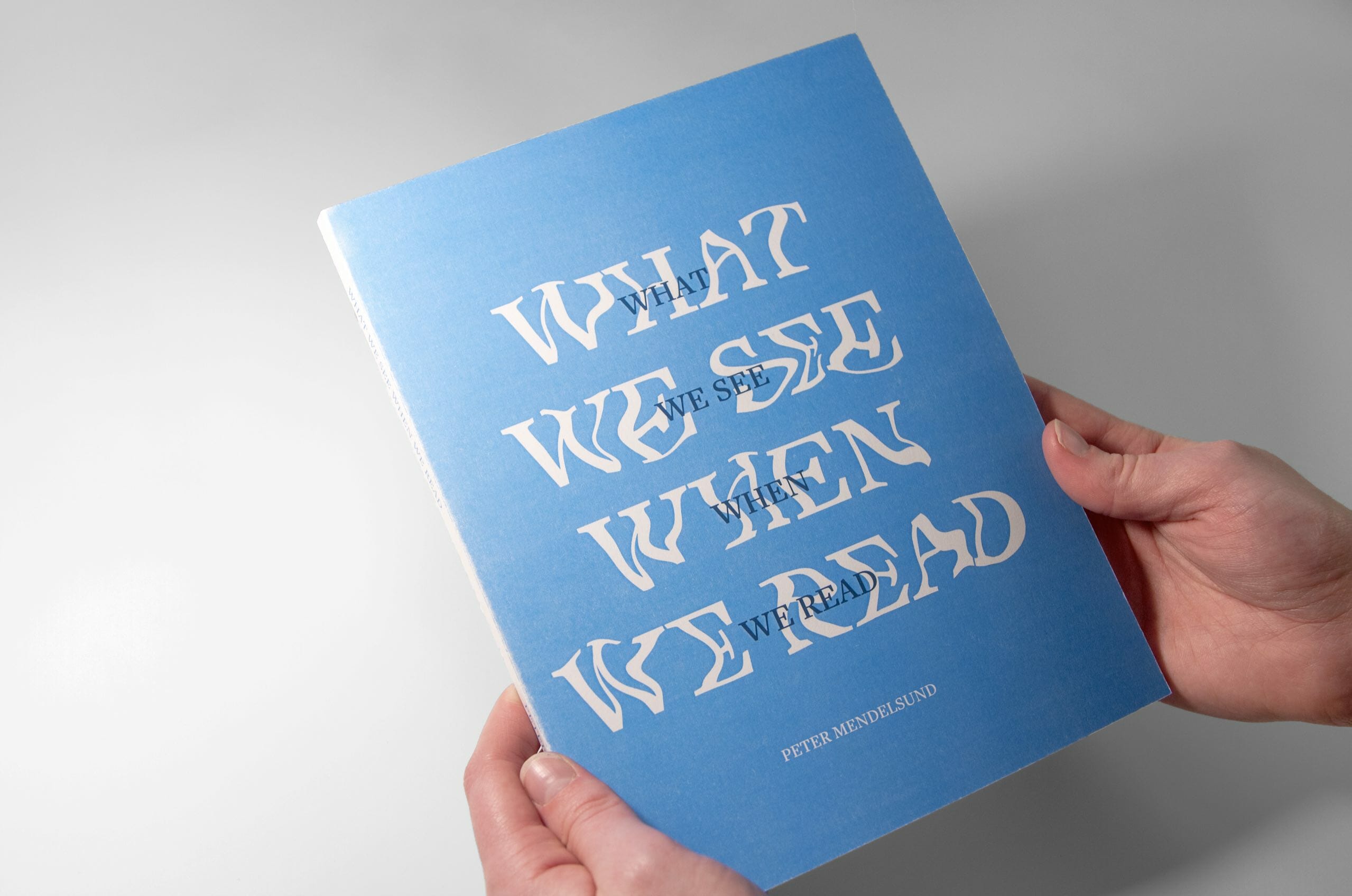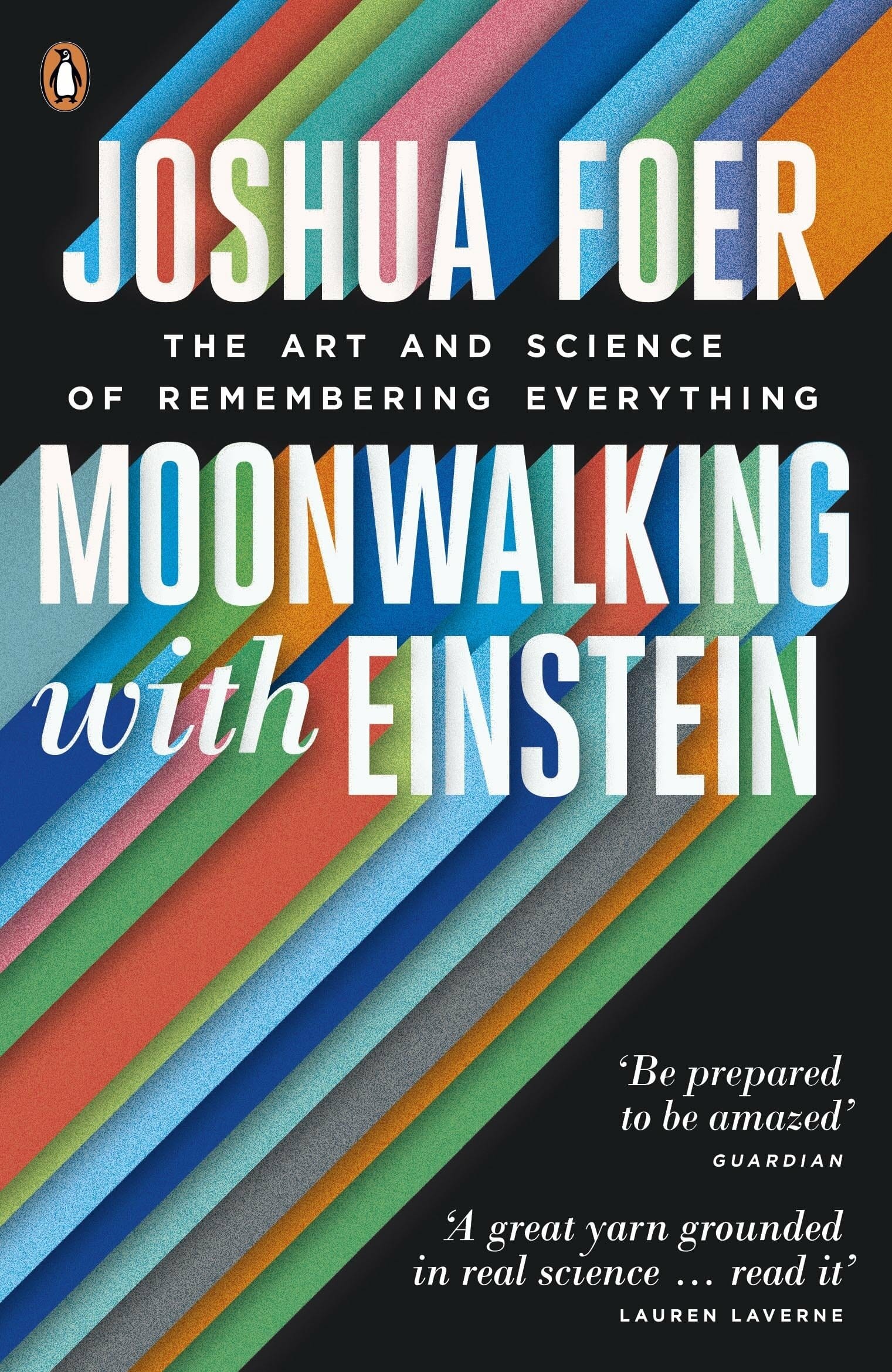When I worked in a bookstore, I would often help young businesspeople find the books their bosses wanted them to read. This assignment was to help them expand their thinking, get a new perspective, and stand out from the crowd. But invariably, they would always ask for “How to Win Friends and Influence People,” “The 7 Habits of Highly Effective People,” or if they were in sales, “The Art of War.”
To be clear, there’s nothing wrong with these titles! But in the words of Haruki Murakami, “If you only read the books that everyone else is reading, you can only think what everyone else is thinking.”
The following books are recommendations outside the business section that will, nonetheless, still greatly improve the way you think about language, design, communication, memory, the world around you, and your brand’s place in it.
Maggie Nelson, Bluets

“Suppose I were to begin by saying I had fallen in love with a color.”
In 240 numbered fragments, Bluets is a philosophical inquiry, a color study, a personal narrative, an ode to an unnamed lover, a history lesson, and a world filtered through the color blue. Expertly juggling such divergent voices as Wittgenstein, Sei Shonagon, William Gass, and Joan Mitchell, Bluets is a brilliant little book that will forever change your relationship to the color blue.
The takeaway: There is immense power in owning a single color. When building your visual identity, don’t fail to consider color psychology.
Mary Ruefle, Madness, Rack, and Honey

“Someone reading a book is a sign of order in the world.”
Over the course of 15 years, award-winning poet Mary Ruefle delivered a lecture every six months to a group of poetry graduate students. These lectures articulate the wisdom accrued through a life dedicated entirely to poetry, and this book is essentially a crash-course humanities degree.
The takeaway: The most successful thought leadership provides the best and deepest answers to your customers’ biggest questions. Think about structuring your thought leadership as an engaging lecture to deliver, either online or as part of a lecture series.
Peter Mendelsund, What We See When We Read

“Words are effective not because of what they carry in them, but for their latent potential to unlock the accumulated experience of the reader. Words ‘contain’ meanings, but, more important, words potentiate meaning.”
What We See When We Read is a gorgeously unique, fully illustrated exploration into the phenomenology of reading—how we visualize images from reading works of literature, from one of our very best book jacket designers, himself a passionate reader.
The takeaway: Narrative doesn’t have to be exhaustive—it just has to contain enough to spark curiosity in your target audience. Try writing your narrative in shorter and shorter iterations: 500 words, 100 words, 10 words, until you’ve crystalized your story down to its most potent elements.
Joshua Foer, Moonwalking with Einstein: The Art and Science of Remembering Everything

“If you want to live a memorable life, you have to be the kind of person who remembers to remember.”
In this super entertaining memoir, a science journalist enters the United States Memory Championship, a competition where “mental athletes” battle to see who can remember such things as an entire deck of cards or the names and faces of 117 strangers. It’s a fascinating inquiry into how we remember and organize information in our minds.
The takeaway: We remember information best when it is tied to loci. How are you housing your most complex information? Your content strategy should be like a well-designed house: a room for each piece of information, with clear pathways for users to navigate, all laddering up to something greater than the sum of its parts. This is how our brain operates, so why not operate your communications the same way?
Leslie Jamison, The Empathy Exams

“Empathy isn’t just listening, it’s asking the questions whose answers need to be listened to. Empathy requires inquiry as much as imagination. Empathy requires knowing you know nothing. Empathy means acknowledging a horizon of context that extends perpetually beyond what you can see.”
Beginning with her experience as a medical actor, paid to act out symptoms for medical students to diagnose, Leslie Jamison’s visceral and revealing essays ask essential questions about our basic understanding of others: How should we care about one another? How can we feel another’s pain, especially when pain can be assumed, distorted, or performed?
The takeaway: Empathy is your secret weapon. When you’re close to a business’ daily operations, it’s hard to see how your brand is perceived by the people you serve, both as customers and employees. To create a meaningful brand, you need practice in stepping out of your own perceptions. There’s an inherent deliberateness, thoughtfulness, and patience that comes with empathy. It’s a muscle we should all flex more often.
Austin Kleon, Steal Like an Artist
“The work you do while you procrastinate is probably the work you should be doing for the rest of your life.”
Austin Kleon gave a talk to students at a community college in upstate New York in 2011. For his lecture, he created a list of 10 things he wished he’d heard when he was starting out. Equal parts manifesto and how-to, Steal Like an Artist aims to introduce readers to the idea that all creative work is iterative, no idea is original, and all creators and their output are a sum of their inspirations and heroes.
The takeaway: Do a competitive audit of your field. What do you love? What do you wish you wrote, engineered, designed, built, sold? What can you steal? What can you improve?
What Books Are You Reading?
We’d love to hear what you’re reading and what’s inspiring you. Leave a comment below, or explore this list of further reading:
Edward Tufte, Envisioning Information
Josef Albers, Interaction of Color
Kenya Hara, White
Michael Bierut, Seventy-nine Short Essays on Design
Marshall McLuhan, The Medium is the Massage
Brian Selznick, The Invention of Hugo Cabret
Ray Fawkes, One Soul
Stephen King, On Writing
Alan Fletcher, The Art of Looking Sideways
William Kentridge, Six Drawing Lessons
Eleanor Davis, You & a Bike & a Road
Emotive Brand is a brand strategy and design agency in Oakland, California.






I’ve just finished City of Girls – Liz Gilbert, Atomic Habits – James Clear and Spark – John Ratey. 🙂 I put some of these on hold at the library. Thank you!